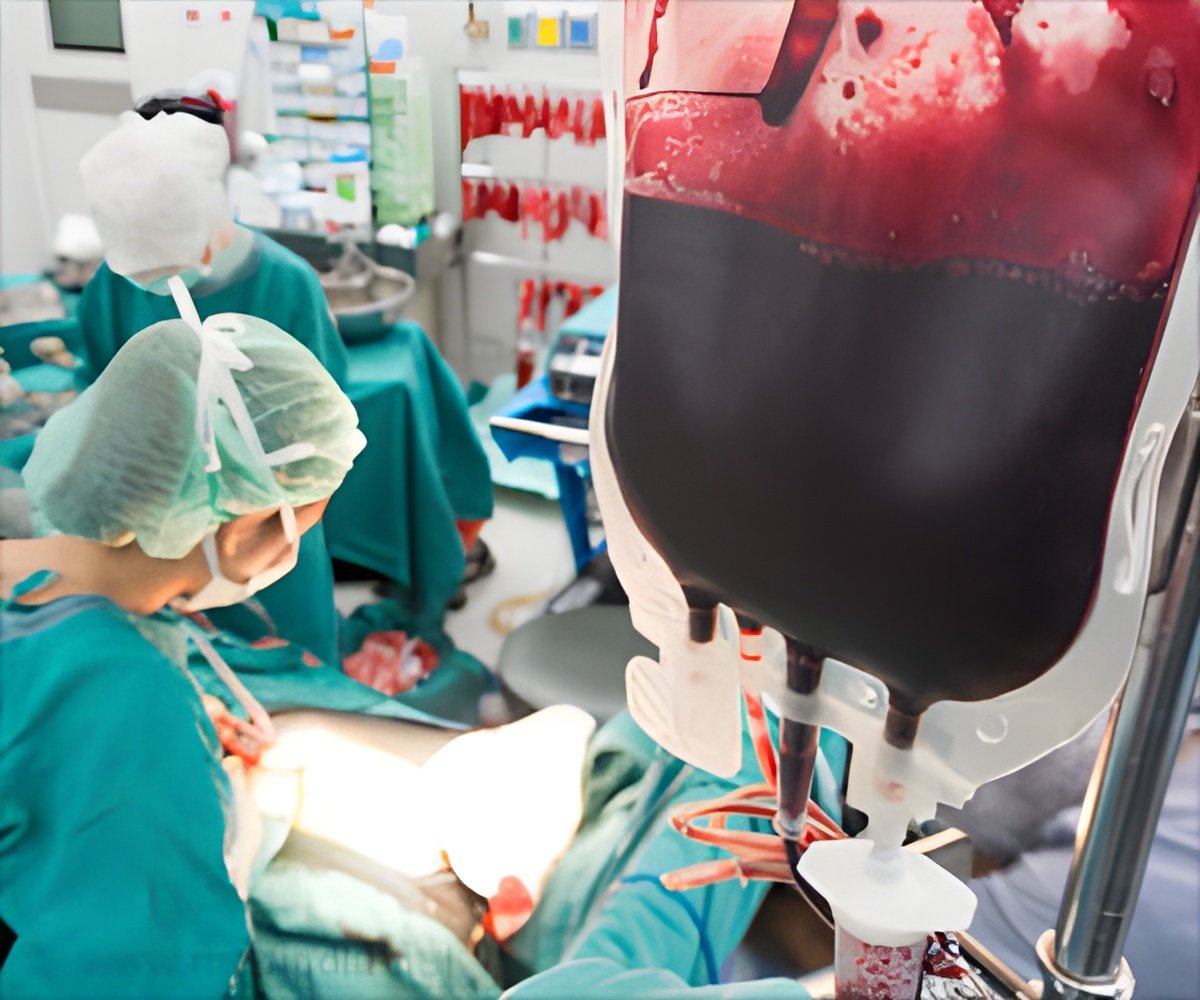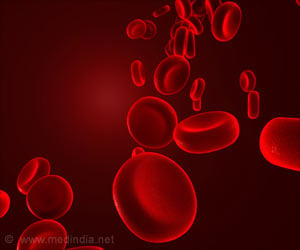
‘People with Rh-null blood can be universal donors but because of its rarity, it can get extremely difficult for them to get it.’
Tweet it Now
In 1961, a new type, that lacked all 61 antigens in the Rh system, was discovered. It was named Rh-null. 43 people have had it, but currently there are only nine active donors, making it the world’s most precious blood type (hence the name golden). People with Rh-null blood can be universal donors but because of its rarity, it can get extremely difficult for them, should they need it.
Besides, donating the golden blood across borders isn’t easy. The process is often hampered by bureaucracy. Some countries just don’t allow it.
There are no side-effects or health complications of having Rh-null blood type. Though such people can be mildly anemic, they can lead regular lives.
However, because of the rarity of their blood, they need to be extra careful. They can’t be reckless with activities than can cause injuries and result in blood loss. They also need to be more mindful than others when travelling.
Advertisement
The Rh or Rhesus system is the second most common blood grouping system. It was first detected in 1940 by Landsteiner and Wiener. Rh typing is the test done to determine whether a person is Rh positive or negative.
Advertisement
If the D antigen is present, that person is Rh-positive (denoted by a “+” sign next to their ABO blood group); if the D antigen is absent, that person is Rh-negative (denoted by a “-” sign next to their ABO blood group).
The small percentage of people who lack the D antigen do not make the anti-D antibodies naturally. This is in contrast to the ABO antigens where the antibody to the lacking antigen occurs naturally in the plasma.
Source-Medindia









